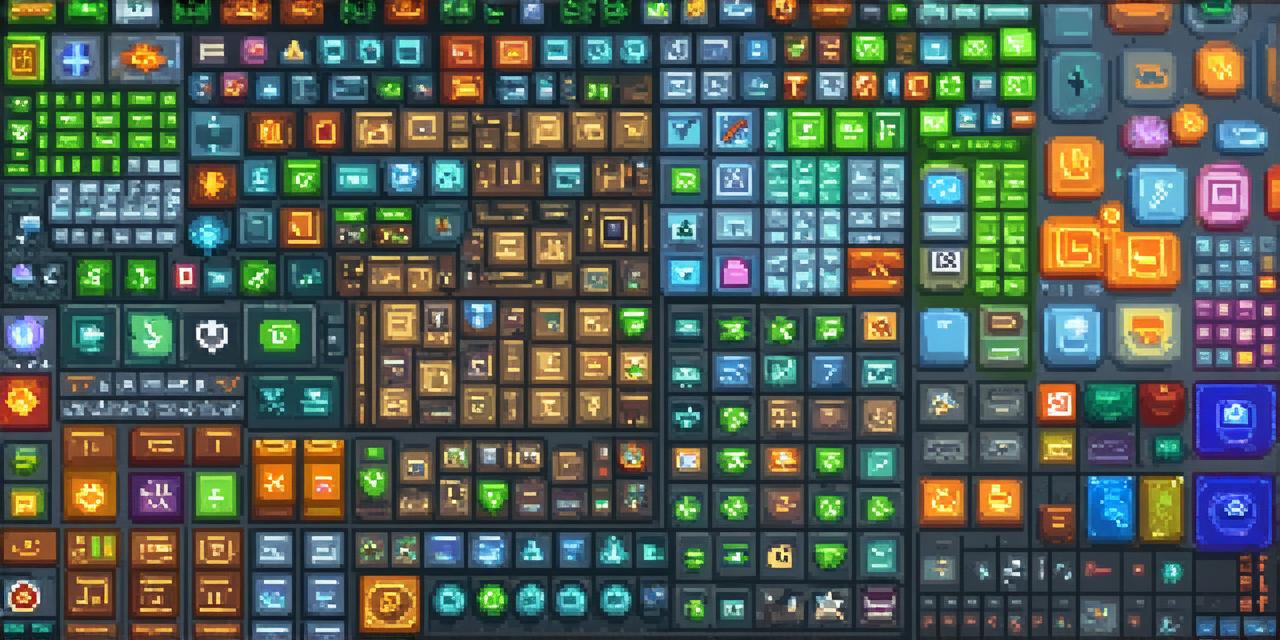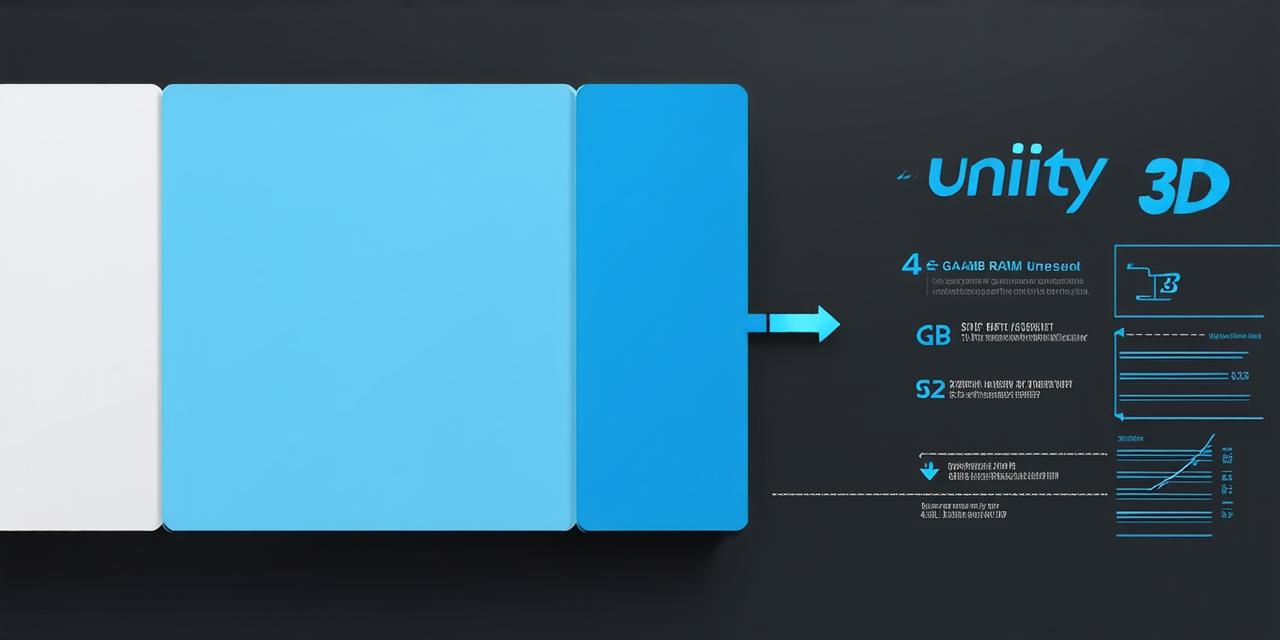Unity is a popular game engine that allows developers to create games for various platforms, including Windows, iOS, Android, and consoles. It has been widely used for both 2D and 3D game development. However, some beginners may wonder if Unity is the right platform to start with. In this article, we will explore whether Unity is a suitable platform for beginners or not.
Pros of Using Unity for Beginners
- Easy Learning Curve: Unity has a user-friendly interface that makes it easy for beginners to understand the basics of game development. It also offers plenty of documentation, tutorials, and community support to help newcomers get started.
- Cross-Platform Development: Unity supports multiple platforms, allowing developers to create games for various devices with a single codebase. This saves time and effort for beginners who want to develop games for multiple platforms.
- Pre-Made Assets: Unity has a vast library of pre-made assets that can be used in games, such as characters, environments, and animations. These assets can help beginners quickly create a game without having to start from scratch.
- Cost-Effective: Unity is an affordable platform for game development, with a free version available for personal projects and a paid version for commercial projects. This makes it accessible to beginners who may not have a large budget.
- Community Support: Unity has a large community of developers who are always willing to help beginners learn the platform and share their knowledge and resources.
Cons of Using Unity for Beginners
- Steep Learning Curve: While Unity has a user-friendly interface, mastering all its features and functionalities can be challenging for beginners. It may take some time to become proficient in using Unity, especially when working with more advanced features like scripting.
- Performance Issues: Unity can sometimes struggle with performance issues, particularly on low-end devices. This can result in slow loading times and frame rate drops, which can negatively impact the gaming experience.
- Limited Resources: While Unity has a vast library of pre-made assets, it may not have the resources that beginners need for specific projects. For example, if you are looking to create a game set in a particular time period or location, you may struggle to find suitable assets.
- Complexity: Unity can be complex at times, and beginners may find it difficult to understand some of its features and functionalities. This can result in mistakes and errors that can be hard to fix.
- Limited Control: Unity has certain limitations on what you can control as a developer. For example, if you want to create a game with a certain look or feel, you may struggle to achieve that using Unity’s default settings and assets.
Summary

In conclusion, Unity can be a suitable platform for beginners who are looking to start their game development journey. Its user-friendly interface, cross-platform development capabilities, vast library of pre-made assets, cost-effectiveness, and community support make it an attractive option for newcomers. However, beginners should also be aware of the potential drawbacks, such as its steep learning curve, performance issues, limited resources, complexity, and limited control. As long as you are willing to put in the time and effort to learn the platform and overcome these challenges, Unity can be a great choice for beginners looking to create their first game.




